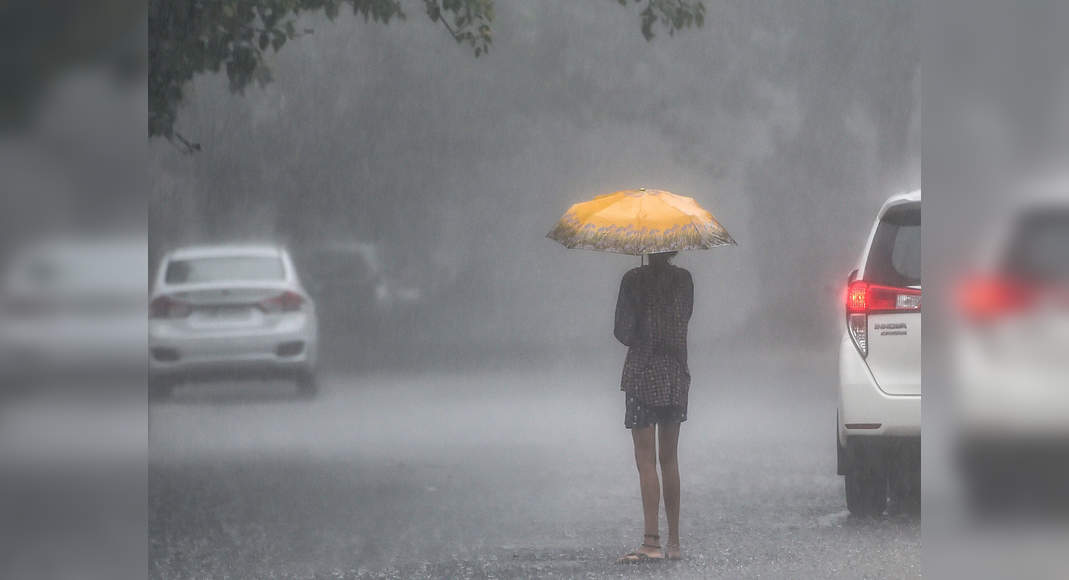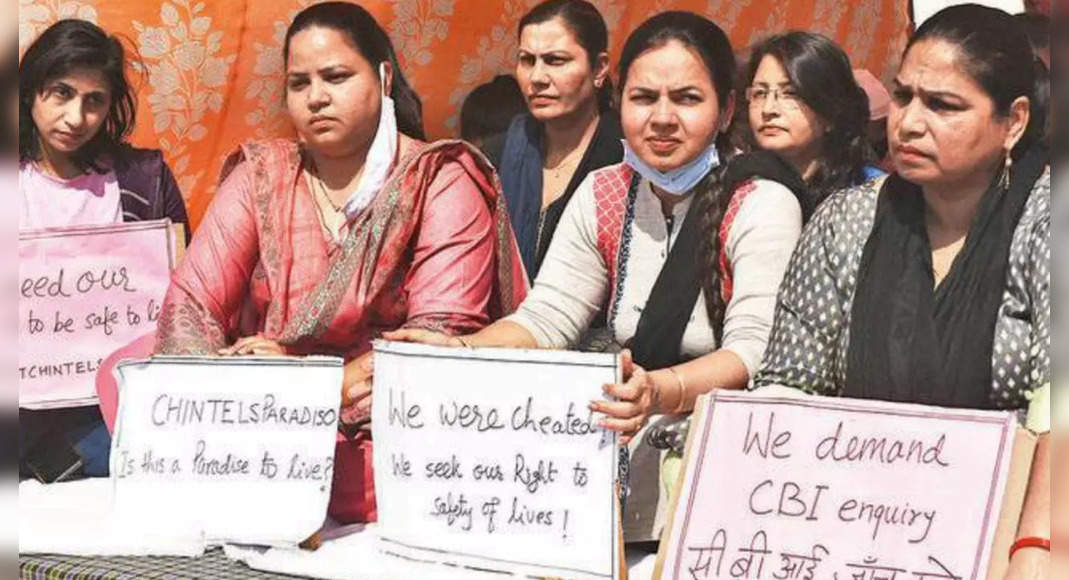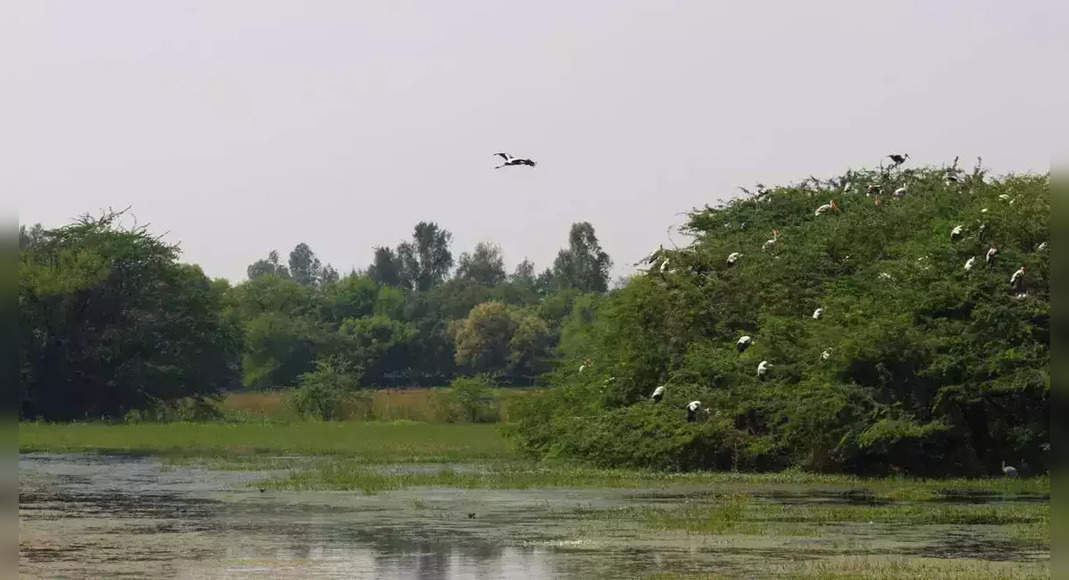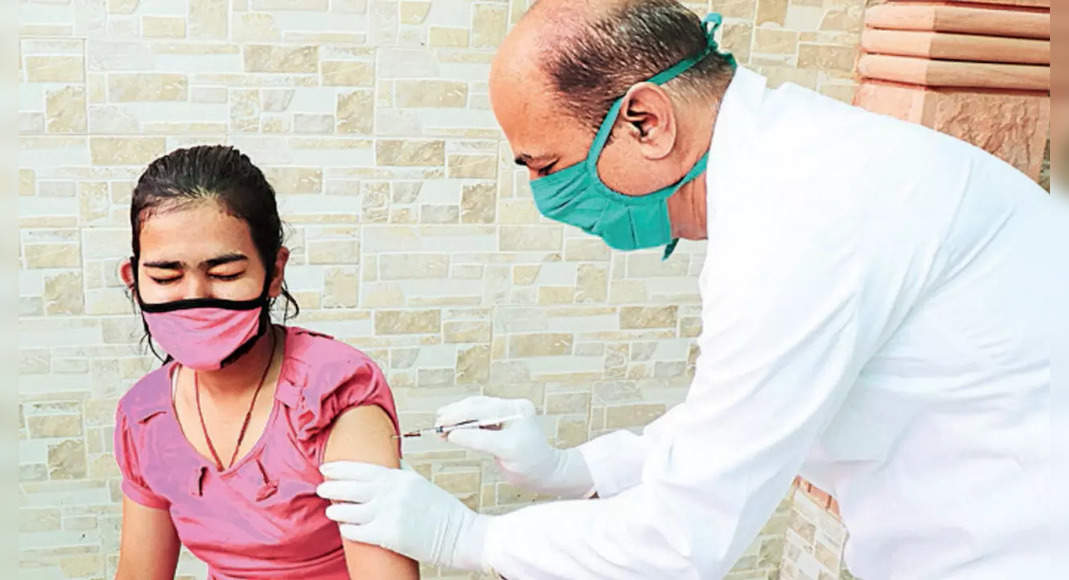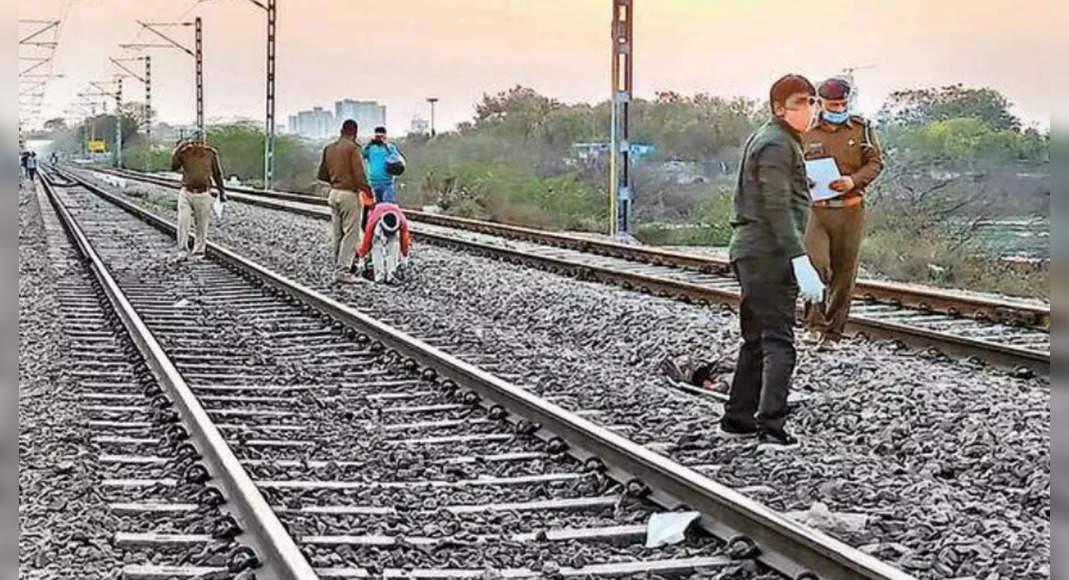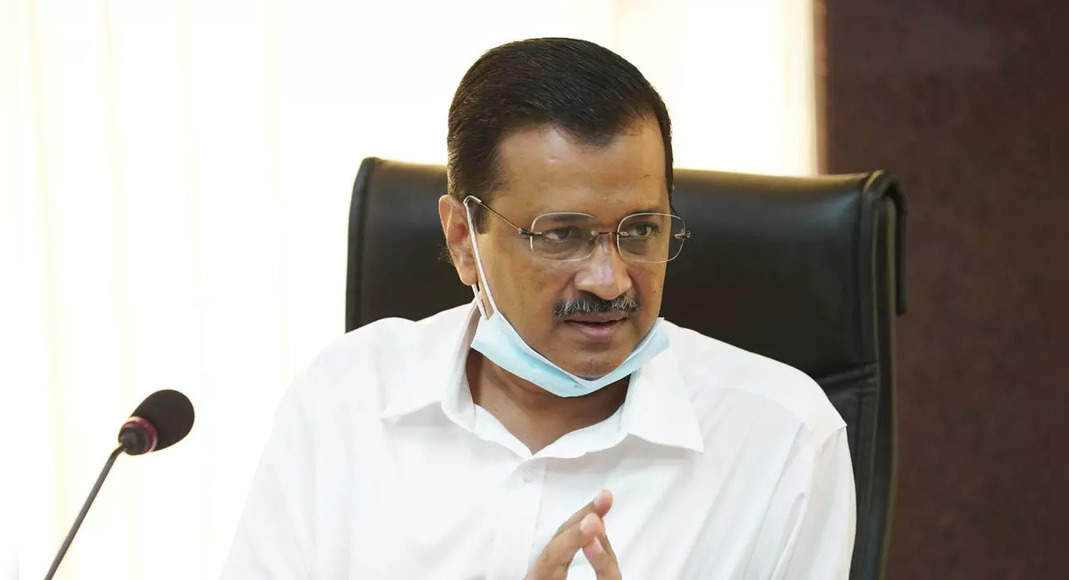NEW DELHI: An early monsoon may have a detrimental effect on the capital’s air pollution, which may start rising early this year, if the withdrawal also occurs sooner than normal.
Track the pollution level in your cityWith the absence of showers in early October, pollution levels had touched “poor” and “very poor” by mid-October last year, a phenomenon that may repeat this year too, if the monsoon comes and goes away early, experts claim.
Generally, pollution levels in the NCR start rising by mid-October, coinciding with the crop burning season and a change in wind direction soon after the monsoon withdraws.
Experts believe this leads to a “stagnancy” phase, which can trap pollutants over the region.
Dipankar Saha, former head of CPCB’s air laboratory, said a two-pronged effect may take place this year, if indeed monsoons track back early.
“Over the long term, some years see a delayed onset of monsoon while some see an early onset.
However, the crop harvesting season is generally linked to the monsoon period and if withdrawal occurs early, farm fires may start a little early too,” Saha said, adding that as the monsoon withdraws, there is a change in wind direction and air ventilation drops.
“This is what leads to a rise in winter pollution and it may be seen the same way.
Monsoon withdrawal leads to a number of meteorological changes and the boundary layer also starts to drop, which traps pollutants closer to the surface.
While it is too early to say, we will have to track the monsoon’s progress,” Saha explained.
In 2019, a later withdrawal of monsoon (in the second week of October) saw the air quality largely remain in the “moderate” category till mid-October, highlighting the impact late rains can have on winter pollution.
Professor Mukesh Sharma from IIT-Kanpur, who was recently appointed as a member of WHO’s Global Air Pollution and Health Technical Advisory Group, said while the direct correlation between monsoon rains and winter pollution is yet to be analysed, the impact of rains on a drop in pollution is clear.
“Rains impact both particulate matter and brings down the gaseous content too.
So the longer the rains go, the lesser the pollution will be in the early part of winter,” Sharma said.
Anumita Roy Chowdhury, executive director, research and advocacy at the Centre for Science and Environment also agreed, adding that while the relationship between seasonal monsoon and its bearing on winter pollution is not yet understood, it highlights the impact for long-term change.
“We need to cut emissions at the source with speed and scale and not rely on short-term impact, such as rains.
This will prevent pollution build-up even in the absence of rains and when conditions are adverse,” Chowdhury said.

